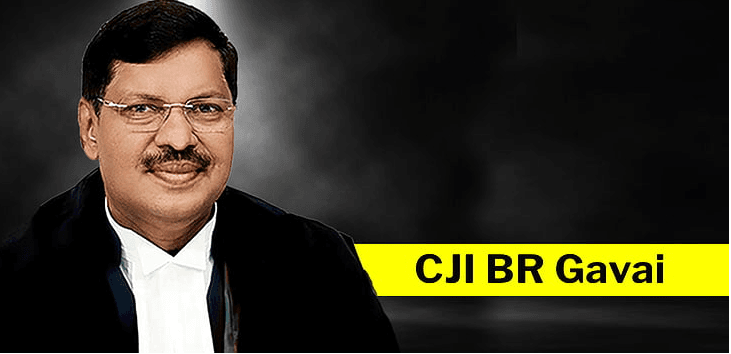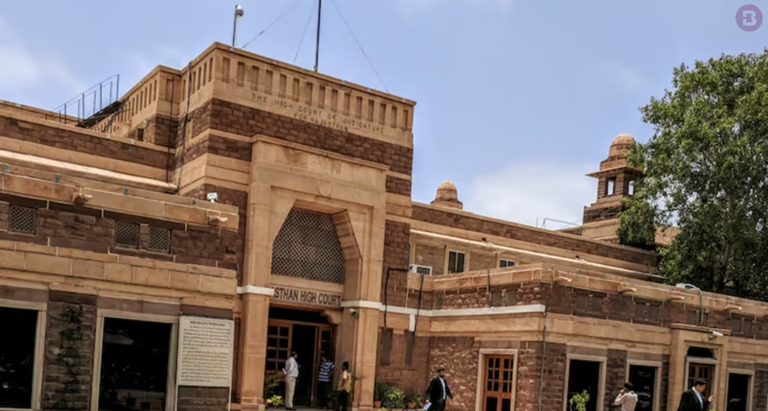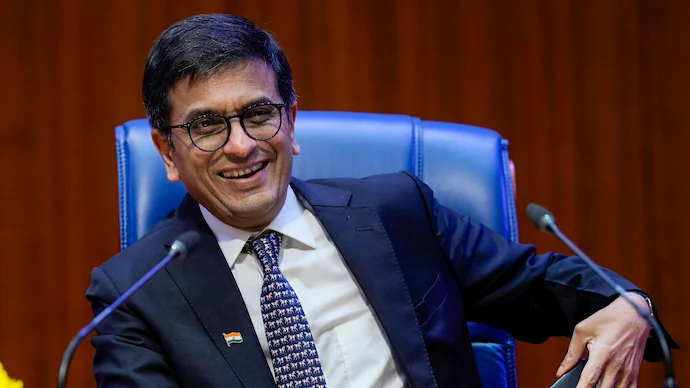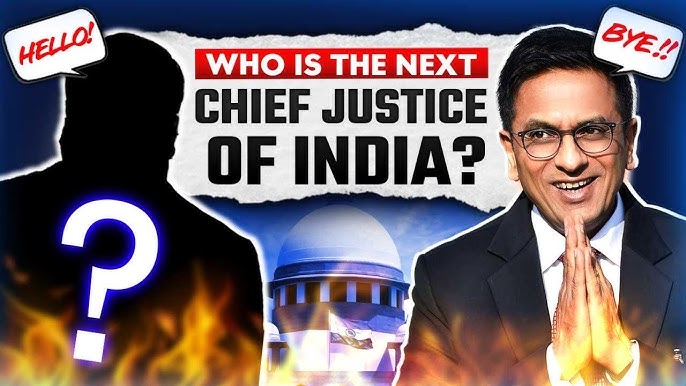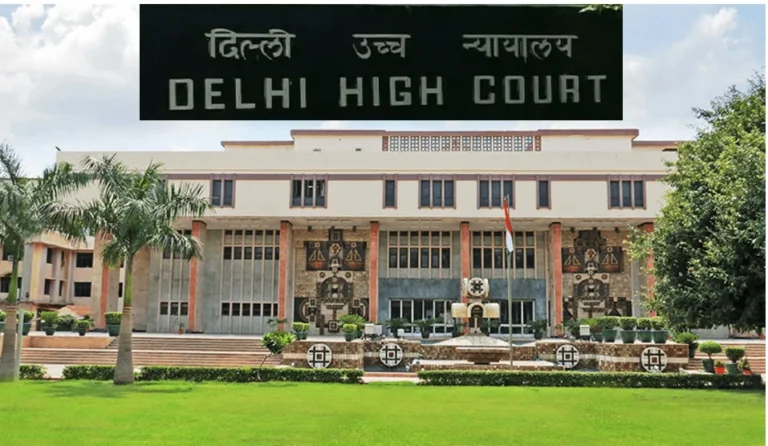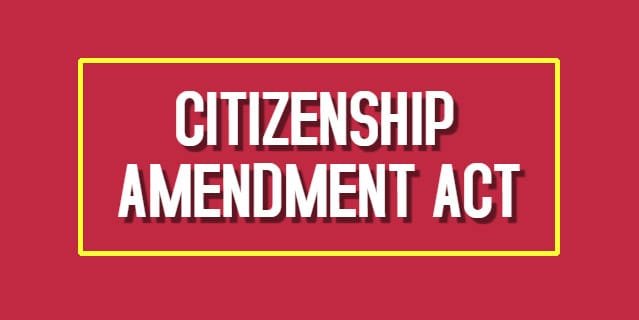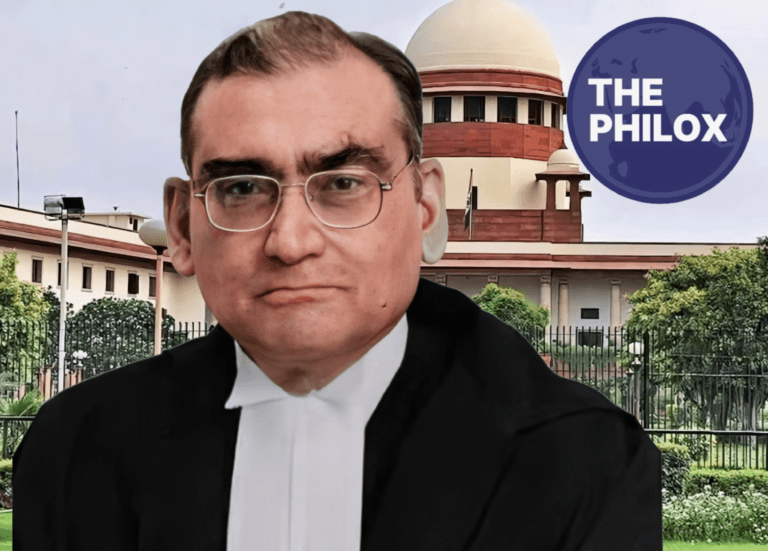The career of justice Kant started in the year 1984 in Hisar, Haryana where he began his...
Law
Whether this relaxation will be successful or not will all depend on the strictness by which the...
Courtroom to Political stage: After the Rakesh Kishore Shocking Protest, the CJI Eyes Electoral Run. For advertisement...
All State authorities, whether Ministers, Judges, Bureaucrats, etc must realize, and constantly remind themselves, that in a...
Dr. Justice D.Y. Chandrachud, former Chief Justice of India, has been named as a Distinguished Professor by...
Kapil Sibal, MP, former Union Minister, and Senior Advocate, Supreme Court, is my friend whom I greatly...
Arjun Ram Meghwal, the minister of union law, has suggested resurrecting the National Judicial Appointments Commission (NJAC)...
I had a long talk on whatsApp with Mr Anil Tiwari, President of the Allahabad High Court...
How PUCL, Founded by Jayaprakash Narayan & Run by Kavita Srivastava, Champions Human Rights in India


How PUCL, Founded by Jayaprakash Narayan & Run by Kavita Srivastava, Champions Human Rights in India
Founded by Jayaprakash Narayan in 1976, the People's Union for Civil Liberties (PUCL) has been a trailblazer...
The Justice Yashwant Varma episode reminds me of the Dreyfus affair in France, in which an innocent...
The Chief Justice of India has appointed a committee/team of 3 Judges, 2 High Court Chief Justices,...
Some people thought I am trying to protect Justice Yashwant Varma, Judge of Delhi High Court, because...
Allegations that seem most likely to be part of a conspiracy call attention to Justice Yashwant Varma's...
Under review by former Chief Justice of India UU Lalit, Taxmann's Legal Commentary on the Bharatiya Nyaya...
This paper emphasizes the historic rulings of Justice Joymalya Bagchi, therefore stressing his major contributions to Indian...
Ranveer Allahabadia's recent controversial statements have sparked debate on freedom of speech under Article 19(1)(a) of the...
The case of women judicial officers in Rajasthan is also a good example that illustrates systemic flaws...
Justice Khanna's emphasis on judicial accountability and personal liberties may alter the Indian legal scenario during his...
CJI DY Chandrachud’s tenure represents a mixed legacy for the Indian judiciary. While he made strides in...
Chief Justice DY Chandrachud’s retirement is not likely to mark the end of his public contributions. Whether...
In a landmark ruling, the Delhi High Court allowed a couple in their sixties to access their...
In Pakistan the real rulers are the army. After the events of 9th May, 2023 ( which many people...
Police Visit Isha Foundation Amid Controversy On October 1, 2024, a team of 150 police officers visited...
The CAA remains one of the most contentious legal and constitutional debates in contemporary India.While the government...



